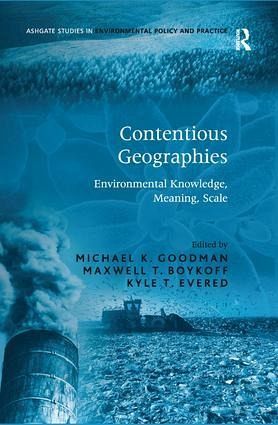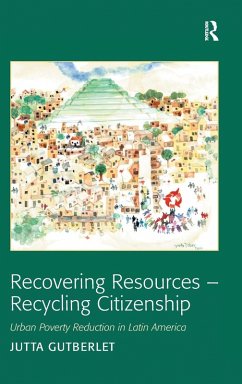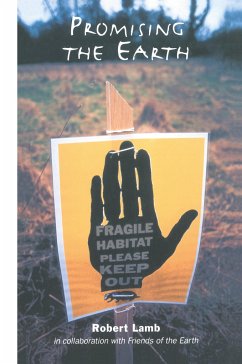
Contentious Geographies
Environmental Knowledge, Meaning, Scale
Herausgeber: Goodman, Michael K.
Versandkostenfrei!
Versandfertig in 1-2 Wochen
176,99 €
inkl. MwSt.
Weitere Ausgaben:

PAYBACK Punkte
88 °P sammeln!
The human-environment relationship - intimately intertwined and often contentious - is one of the most pressing concerns of the 21st century. Explored through an array of critical approaches, this book brings together case studies from across the globe to present significant cutting-edge research into political ecologies as they relate to multi-form contestations over environments, resources and livelihoods. Covering a range of issues, such as popular discourses of environmental 'collapse', climate change, water resource struggles, displacement, agro-food landscapes and mapping technologies, t...
The human-environment relationship - intimately intertwined and often contentious - is one of the most pressing concerns of the 21st century. Explored through an array of critical approaches, this book brings together case studies from across the globe to present significant cutting-edge research into political ecologies as they relate to multi-form contestations over environments, resources and livelihoods. Covering a range of issues, such as popular discourses of environmental 'collapse', climate change, water resource struggles, displacement, agro-food landscapes and mapping technologies, this edited volume works to provide a broad and critical understanding of the narratives and policies more subtly shaping and being shaped by underlying environmental conflicts. By exploring the power-laden processes by which environmental knowledge is generated, framed, communicated and interpreted, Contentious Geographies works to reveal how environmental conflicts can be (re)considered and thus (re)opened to enhance efforts to negotiate more sustainable environments and livelihoods.














